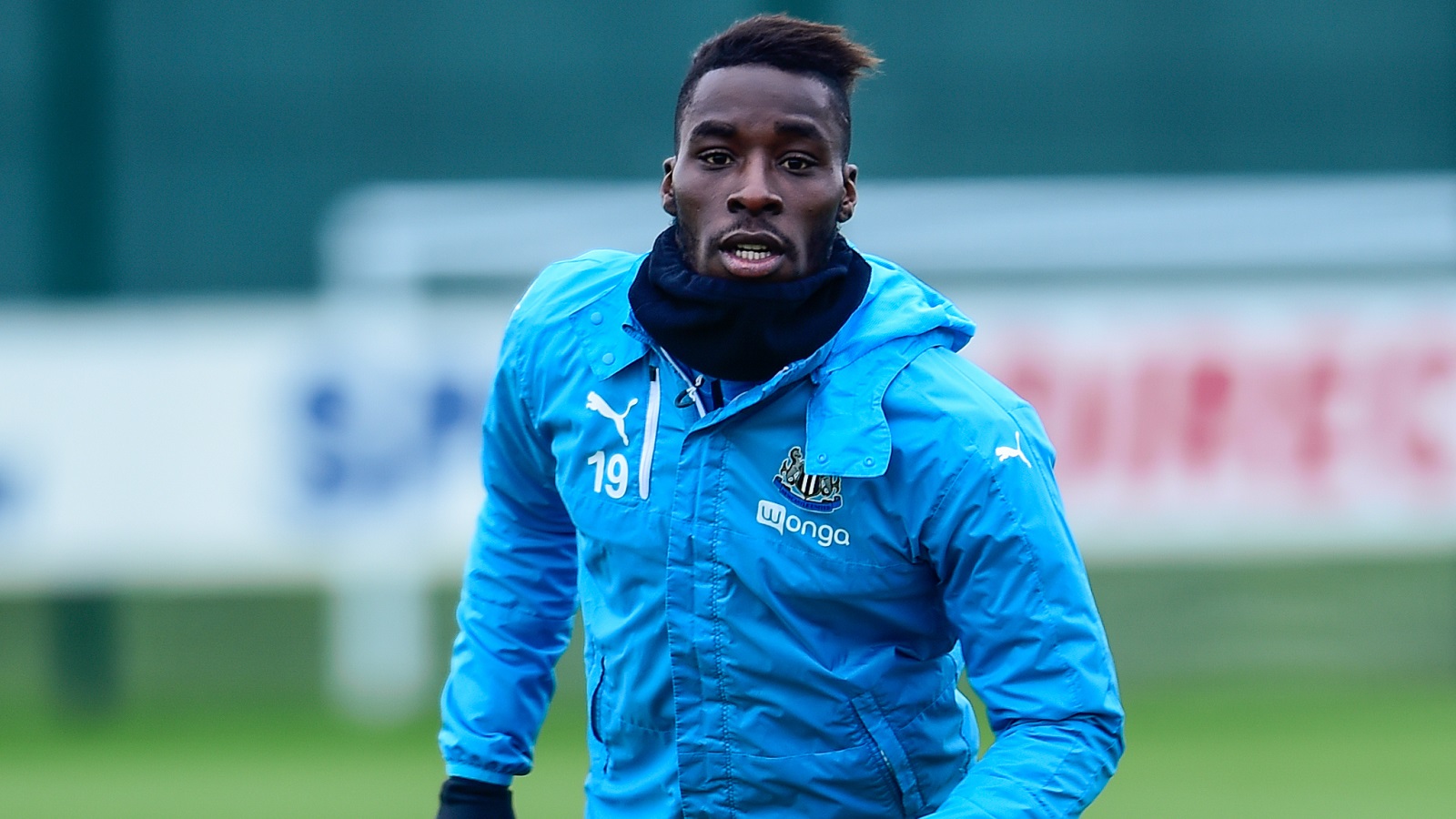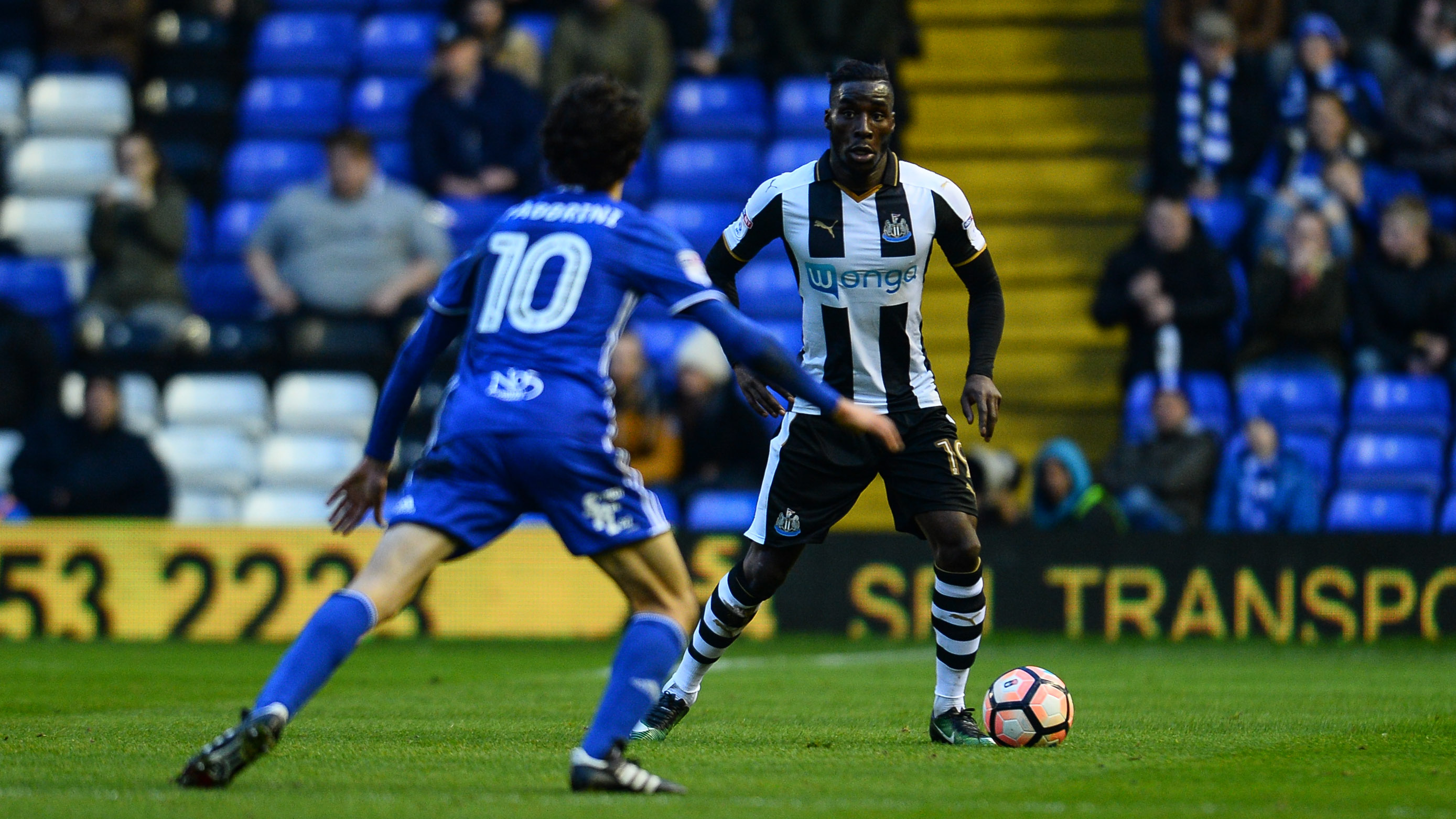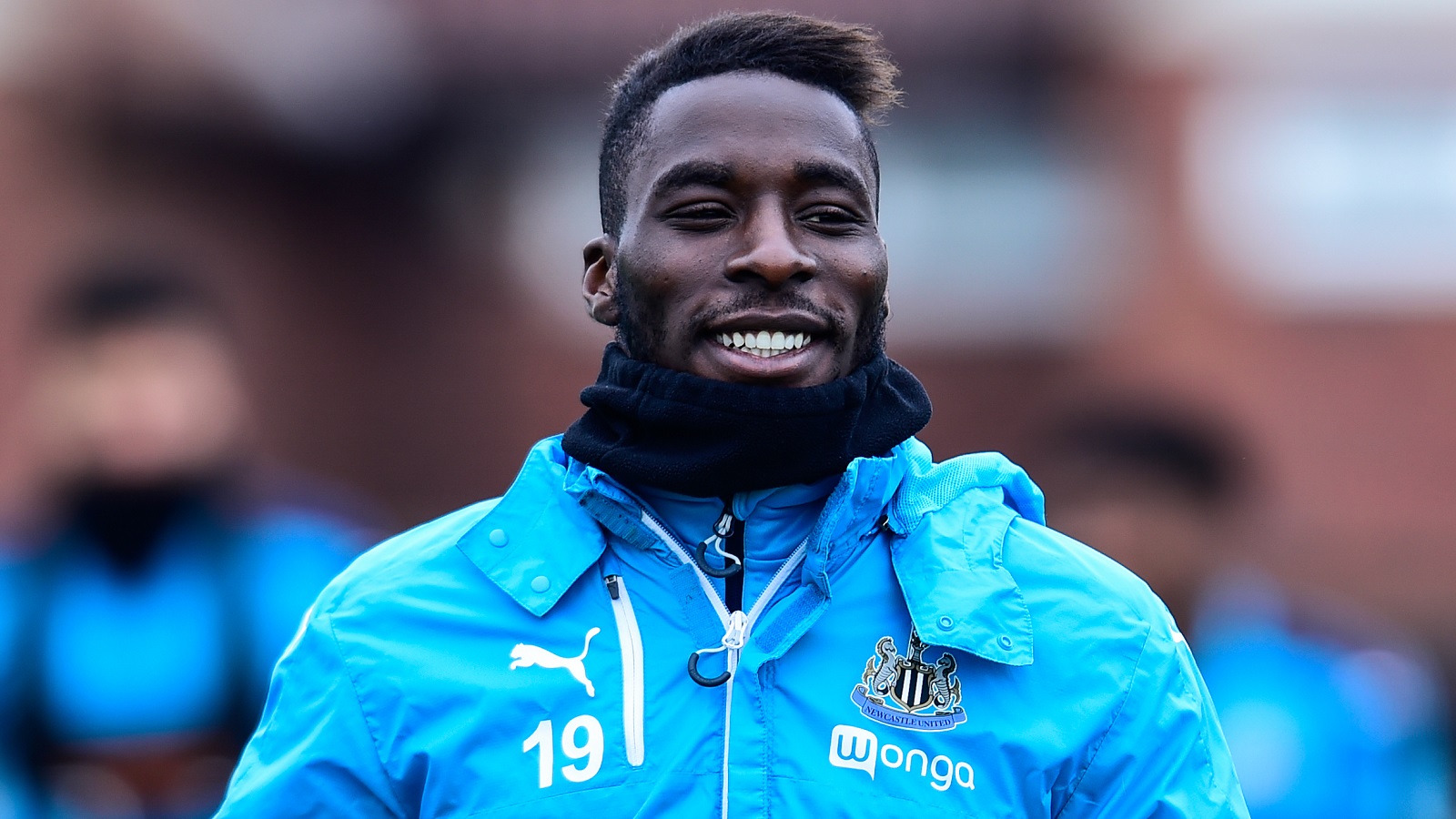Features
Massadio Haïdara programme interview - in full
Written by Tom Easterby
Massadio Haïdara made his long-awaited return to action in January after over a year out through injury. The Frenchman is now pushing to get himself back in the Newcastle United line-up, and this week he sat down with the official matchday programme for a chat about how the last year has been for him, returning to the fold and his goal for what remains of this season. You can now read the interview in its entirety here…
Maintaining his naturally upbeat, jocular disposition during 14 long, arduous months away from the first team picture can’t have been easy for Massadio Haïdara. When the idea is put to him, though, he makes a logical counterpoint.
“When you are injured, maybe for the first few days I’m a little bit sad, but after that I try to smile, because nothing will change. It’s just me in general. I’m just always smiling,” he explains, doing just as he says.
“If I’m in a bad mood, it’s not like I will recover quickly, so you have to try and enjoy it. And when you enjoy it, the time goes faster.”
That lengthy stretch began back in October 2015, after Haïdara made a substitute appearance in the 6-2 Premier League win over Norwich City at St. James’ Park. It was to be his last competitive game in 447 days.
The former Nancy full back initially overcame a meniscus problem in his knee, but broke down again that November and then, cruelly, for a third time in March of last year.
“Three times I tried to come back earlier, but it did not work well,” says the 24-year-old, a popular, likeable character whose laugh can often be heard in the corridors of United’s training ground in Benton.
“You have to take your time with an injury, not rush, take it easy and just try to do things in good time. Sometimes it doesn’t work the way you want, and sometimes it could be worse.
“Before that I was never injured, so it was the first time. I was a little bit afraid because it was the first. After that, I was more mature about the injuries, I looked forward and tried to be positive.
“But it’s a little bit difficult in your mind, because sometimes you come back after a long time and you are injured again.
“It’s not easy, but you have to stay positive, look forward and say that maybe the future will be better. Your family and your friends try to make you feel good and try to stay positive and to be happy. But to be honest, it’s difficult.”
As he speaks about the need for positivity, there’s a hint of melancholy in his answer for the first time in the interview. Haïdara wears a more serious expression on his face as he searches for the words to describe the psychological impact of being simply unable to do your job.
“I think it’s 60% mental, and the rest is your (physical) condition,” he offers. “Because if, on your mind, you’re not ready to work hard and you know it’s going to be difficult, you can give up because it is really difficult.
“Firstly, it’s the work you have to do, inside and after outside, then after it’s your condition, then after it’s that you know you will be on the side because some players are more ready than you.
“You have to keep your head because if not, you can turn and just give up.”
Now, of course, Haïdara is not in the midst of a gruelling period of rehabilitation, or a trying test of mental and physical strength. He returned to fitness earlier in the season, making his first appearance of the campaign in the FA Cup draw at Birmingham in January, followed by another in the fourth round defeat at Oxford.
The Frenchman is able to look back and reflect on his time on the sidelines with greater clarity now, though he addresses the issue of his mental torment in the second person, as if to separate his current self from the experiences he speaks of.
He feels it’s important, in amongst all the other lingering feelings, to have retained a sense of perspective.
“Every time you come to training you see everyone getting ready to go out and train, and you just look at them, going outside, joking, and you’re on your own,” explains Haïdara. “You go to the medical room and do the things you don’t want to do, but you have to do it for yourself, to get fit.
“(Your teammates) try to make you involved, but to be honest you don’t feel involved. You’re not on the pitch, you’re not outside with the lads enjoying it, so it’s quite difficult to stay involved.
“Sometimes, many things pass through your mind. You think ‘I’ll never get fit’, or ‘I’ll never be like before’, and there are too many questions in your mind.
“You think ‘it will never finish with the injuries’, because sometimes you come back and the week after you are injured again. Or you feel something, and you think ‘I’ll never get ready’. When it keeps repeating, you think ‘I’m tired of this’.
“You work really hard but you come down again. So you have to get up, then you go down again, then get up, go down again, and it’s very hard. Sometimes you want to stop, and you say it’s too hard.
“But after, you remind yourself that you are lucky to be footballers. Many people want to be in my position, so you can’t give up. You can’t. For yourself, too, because I love football.”
An acknowledging smile returns to his face. For Haïdara, it seems a relief that such times can be confined to the past. His career, one which has already encompassed stints in two of Europe’s leading leagues and a Europa League campaign at St. James’, is still in its relative infancy, after all.
Along with those FA Cup outings at the start of the year, he has also featured semi-regularly for the Magpies’ Under-23s side over the past few months – something Haïdara is at pains to show his gratitude for, wary that he has linked up with Peter Beardsley and Ben Dawson’s young side and ‘played in front of someone else who should play’.
“You need to manage everything, learn everything again. It’s good, because you see football differently too, and you play more with your head than before. Before, with contact, if you don’t have an injury you can go…” He gesticulates, clapping his palms together to show the kind of tackle he wouldn’t have thought twice about a few years ago. “…straight in like that.
“But when you’ve had an injury, you still think you can get the ball, but another way, not just going and kicking it. When you start after injuries, you’re a little bit more apprehensive, and you don’t really want to be injured again, but when you get stronger, it’s different. You can go like before. You see the confidence in your body.
“I know that when I played the first game in a year I was so happy – it was like when I played my first game when I was younger. I was excited and a little bit nervous about my condition. In training, you know where you’re at, but in the game its different, the intensity is different, the contact is different. I was happy, I was nervous but it was good.
“You see the end of the dark.”
Since arriving from his homeland in the January 2013 transfer window, Haïdara concedes that he hasn’t truly had the ‘time to show my real potential’.
And there’s another hurdle ahead of him now, as he bids to find a way back into the team ahead of the ever-reliable Paul Dummett at left back.
It would be no mean feat to dislodge the Welsh international – a model of consistency all term – but Haïdara’s goal is clear.
“He’s done well, and the team in general have done well too. I just have to keep going and try to do my best,” he says. “There’s seven games left, and if I can get some games before the end of this season, it would be a really good end of the season for me.
“It’s my target. That’s why I played with the Under-23s, and tried to get some games. I tried to do everything on my side to be involved again.
“The first thing is we have to be promoted, if I play or not. After, for myself, it’s about trying to play some games. Even if it’s only one, I would be happy because it would be a good win for me – I would reach my target. This would be a great thing.
“I feel alright. Now I feel ready. I’ve been available for the first team for about three months now. I’m just waiting for my chance.”
"When I played the first game in a year I was so happy – it was like when I played my first game when I was younger."




